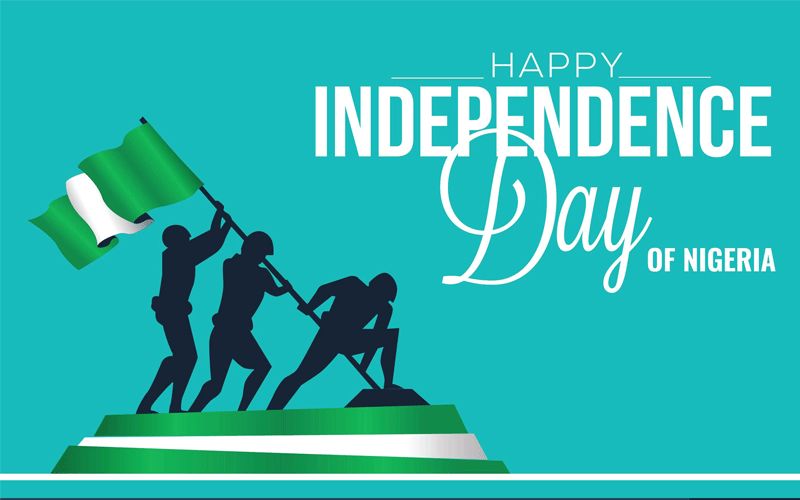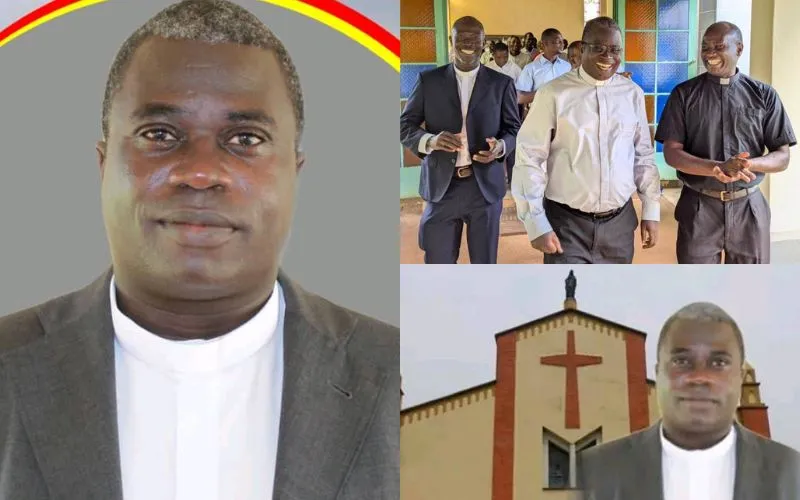Oyo, 30 September, 2020 / 11:05 pm (ACI Africa).
On the eve of the celebration of 60 years since Nigeria gained its independence from the British, a Catholic Bishop has given a negative assessment of progress in the West African country, describing it as “a mirage,” grappling with “multiplicity of problems.”
“Even after sixty years, independent Nigeria is still a mirage, a mere mental construct, rendered even more unattainable by the multiplicity of problems that assail the country,” Bishop Emmanuel Adetoyese Badejo has said in a statement shared with ACI Africa Wednesday, September 30.
In the statement, Bishop Badejo goes on to highlight “the multiplicity of problems” that the leadership of the country has not been able to resolve over the years.
“The problems of insecurity, violence, insurgency, corruption, unemployment, crippling inflation and pervasive criminality, might still not eclipse the hopes of an independent Nigeria,” the Local Ordinary of Nigeria’s Oyo Diocese says.
He bemoans the leadership of the country saying, “The lifeblood of a federal republic like Nigeria is equity in representation, distribution of resources, positions and privileges. Nigeria has however been asphyxiated by the self-serving, sectionalist, and tribalistic character of most of her leaders.”








